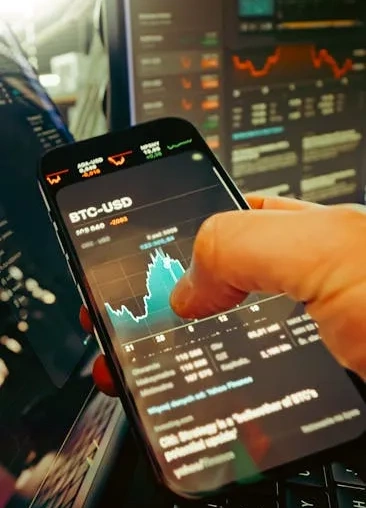Samson Mow Sounds the Alarm on Bitcoin’s Core Development
JAN3 CEO and staunch Bitcoin maximalist Samson Mow has once again raised concerns about the direction of Bitcoin’s development. In a recent X (formerly Twitter) post, Mow criticized Bitcoin Core developers for their proposed network expansion plans, warning that these changes could undermine BTC’s fundamental role as a currency.
Why Is Mow Concerned?
Mow, a well-known advocate for Bitcoin’s original vision, argues that the proposed updates by Bitcoin Core developers could dilute Bitcoin’s core principles. Specifically, he fears that expanding the network’s functionality might shift focus away from its primary use case—peer-to-peer digital cash—and turn it into something more akin to a settlement layer or a speculative asset.
His critique centers on the idea that Bitcoin’s strength lies in its simplicity and security. Introducing complex changes, he warns, could introduce vulnerabilities or make the network less accessible to everyday users.
The Broader Debate in the Bitcoin Community
Mow’s comments highlight an ongoing tension within the Bitcoin ecosystem:
- Maximalists advocate for Bitcoin to remain a decentralized, censorship-resistant currency.
- Developers often push for scalability improvements to accommodate growing demand.
- Institutional players may prioritize features that align with traditional finance.
This debate isn’t new, but Mow’s vocal opposition adds fuel to the fire, especially as Bitcoin adoption grows and regulatory scrutiny intensifies.
What’s at Stake?
If Bitcoin drifts too far from its original vision, Mow suggests it could lose its unique value proposition. Key risks include:
- Centralization: Complex updates might favor large entities over individual users.
- Security trade-offs: New features could introduce unforeseen vulnerabilities.
- Market perception: A shift away from “digital gold” could impact investor confidence.
As the debate continues, the Bitcoin community faces a critical question: Should Bitcoin evolve to meet broader financial needs, or should it stay true to its roots as a simple, decentralized currency?
For now, Mow’s warnings serve as a reminder that Bitcoin’s future depends not just on technological progress, but on preserving the principles that made it revolutionary in the first place.



